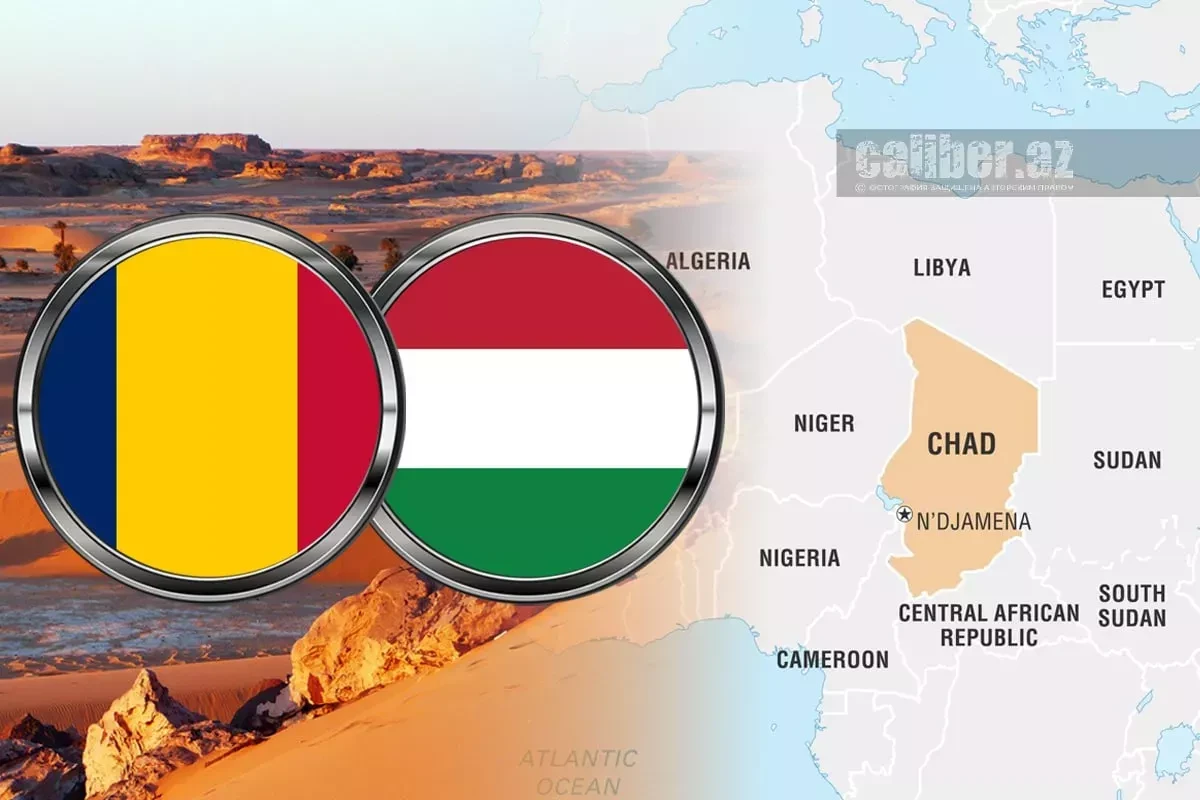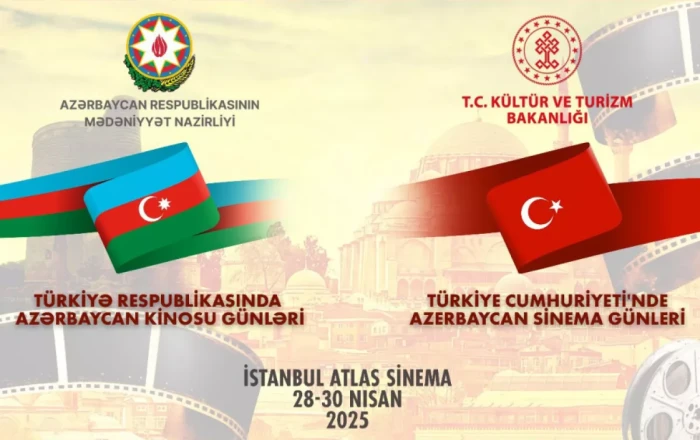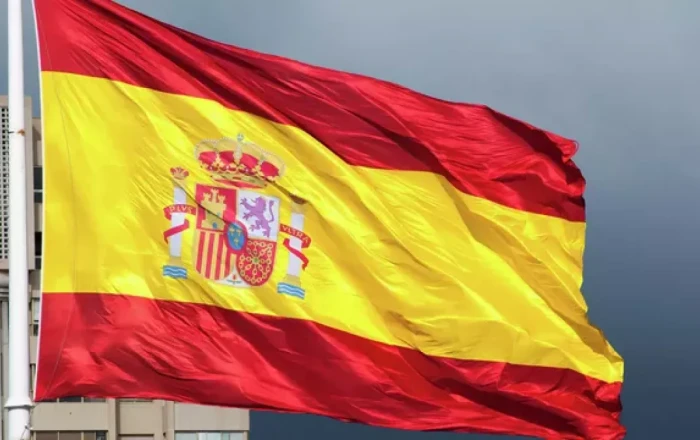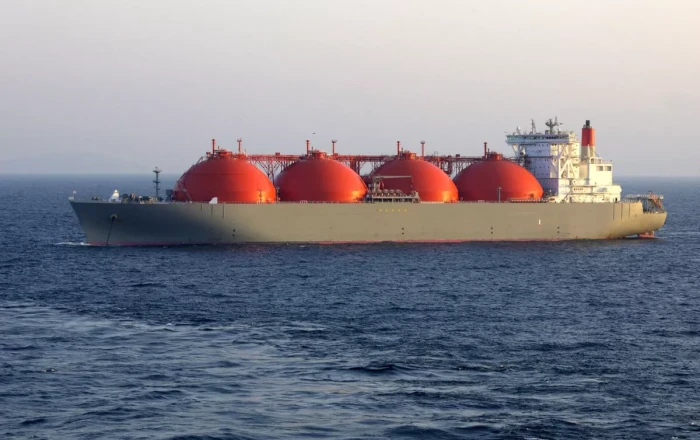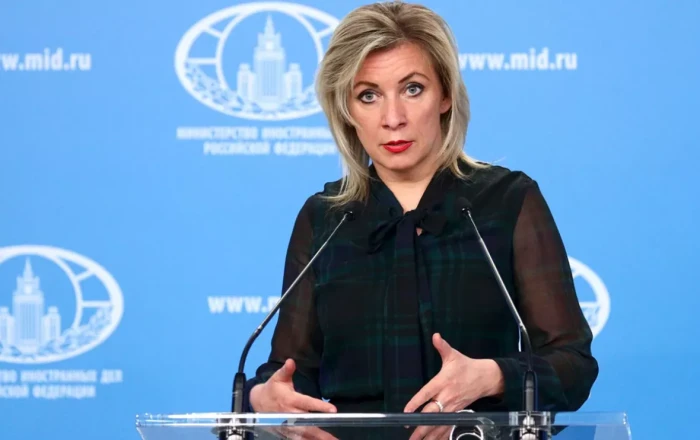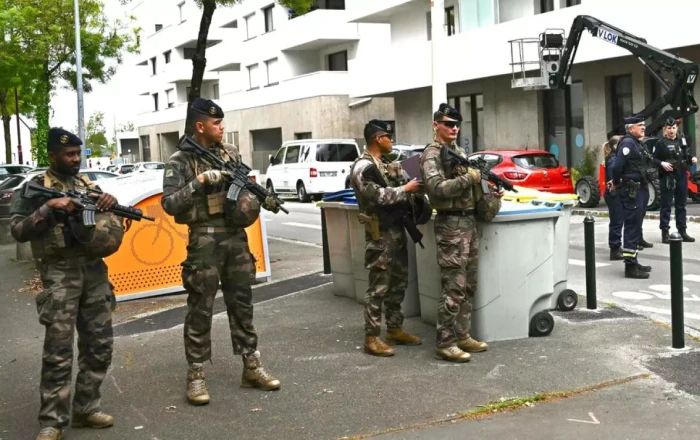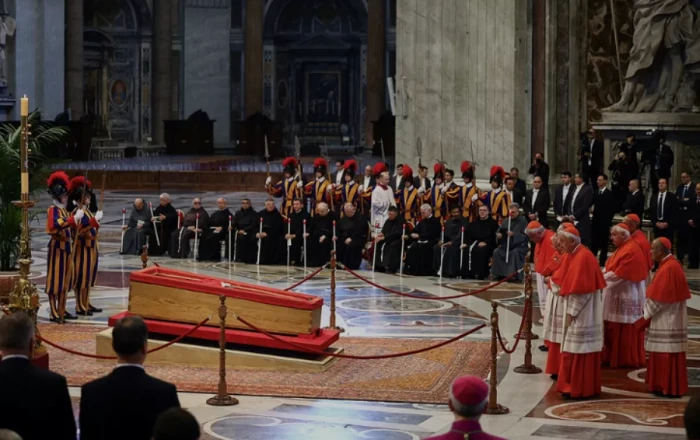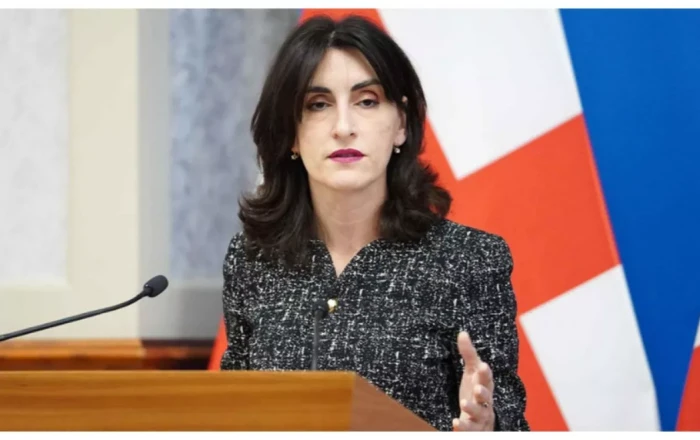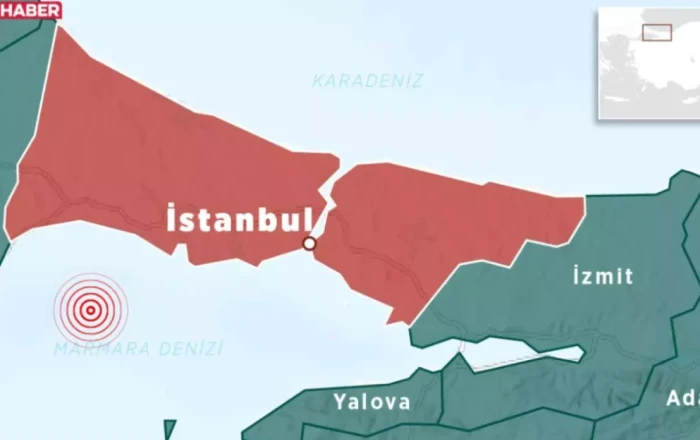After French troops left Chad, some media outlets reported sensationally that their base in the town of Faya-Largeau had been taken over by the Hungarian army. Is this true? What is Hungary’s interest, and what is Budapest's strategy on the African continent?
In the zone of humanitarian crisis
After the final decolonization of Burkina Faso, Niger, and Mali, Chad remained the last stronghold of France in the Sahel. The Chadian army traditionally received training under French instructors and played an active role in French military operations in Mali in 2012–2013.
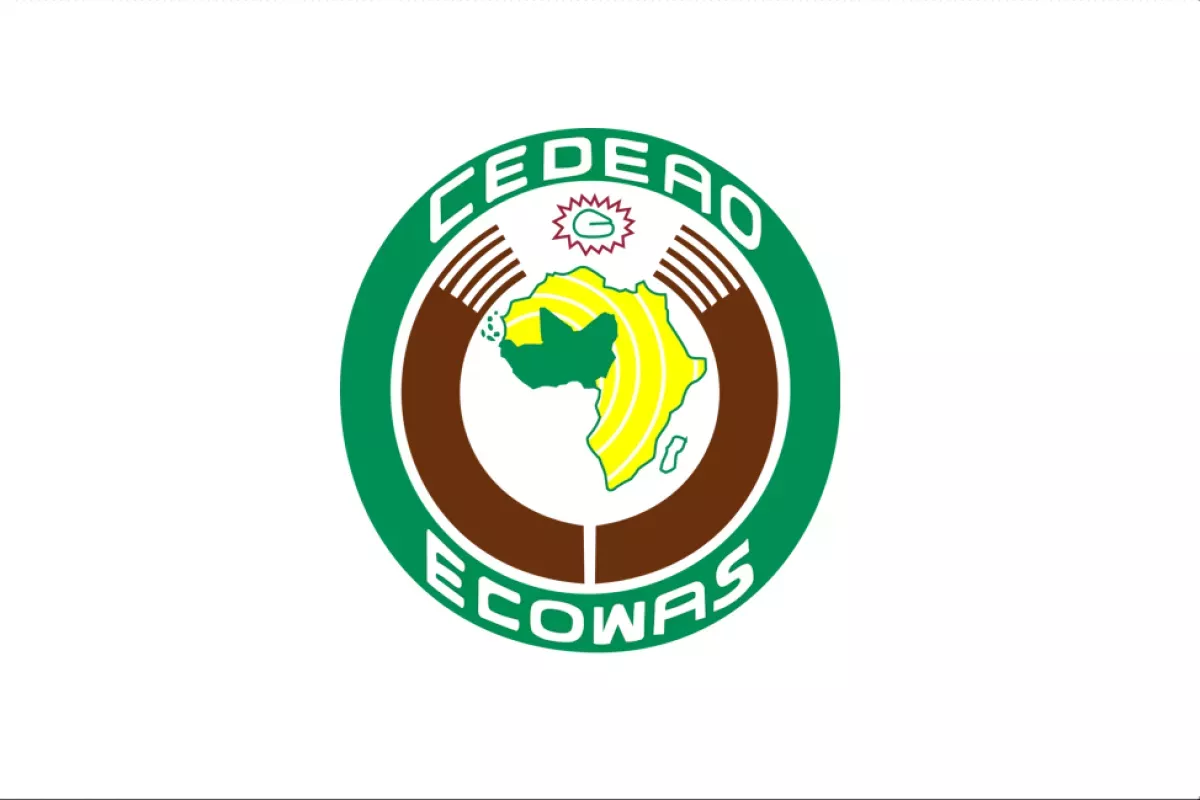
In the summer of 2023, after being expelled from Niger, French troops relocated to Chad. However, the Chadian authorities refused to support the planned ECOWAS-led intervention in Niger under Paris’s aegis. Additionally, in April of that year, Chad expelled Germany’s ambassador for unacceptable interference in the country’s internal affairs.
At present, Chad is in the midst of a severe social and ecological crisis. Armed conflicts rage in the region. Over one million refugees have arrived in Chad from Sudan, Cameroon, the Central African Republic, Darfur, and Nigeria. There are also rebel groups operating within Chad, and the country hosts around half a million internally displaced persons.
The situation is further exacerbated by the fact that Lake Chad, which provides water to the entire region, is rapidly drying up. Due to overexploitation and climate change, the lake has shrunk by 90% since the 1960s.
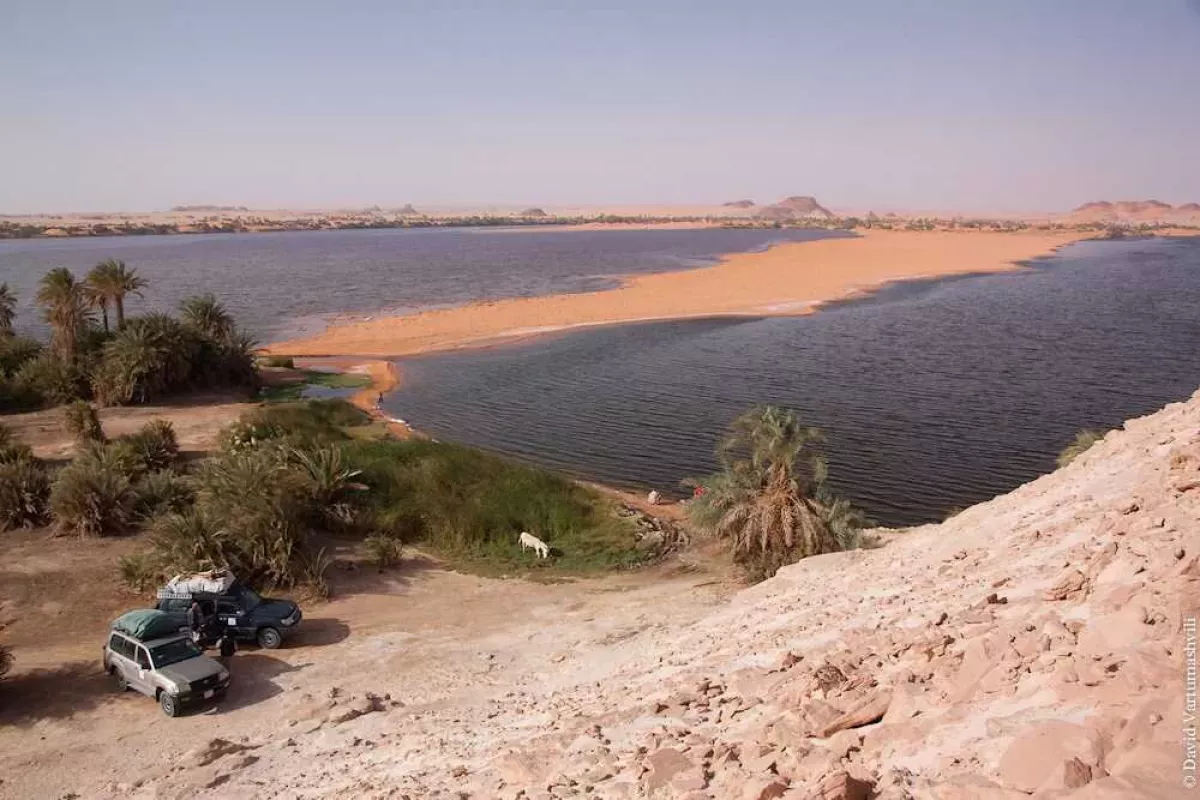
The vast majority of the population is employed in agriculture. Due to droughts and insufficient development of agritech, the country suffers from low crop yields. Cities are overcrowded. Public services, waste collection, and sewage systems can no longer cope with the increased load.
Such a situation leads to the growth and risk of infectious diseases. Ultimately, Chad has become the epicentre of one of the most severe humanitarian crises in the world.
Chad is also an important part of the strategic corridor from the heart of Africa to Libya and further into Europe, which is used by many migrants attempting to reach the EU.
"The French strategy, primarily aimed at supporting the Chadian army, does not take into account economic development, which is a crucial condition for long-term stability," noted the Hungarian publication Magyar Nemzet in October 2023. "Hungary has committed to providing Chad with assistance in this area, as the only way to ensure stability and resilience is through a more balanced approach to development."
There were also discussions about investments in the construction of schools, including those able to accommodate refugees, clinics and hospitals, and the development of agriculture.
Hungarians instead of the “foreign legion'
On March 2, 2025, The Maltese Herald reported that the Hungarian contingent had replaced the French army in northern Chad. This information has been "verified by various diplomatic sources and eyewitness reports."
Hungarian units had already participated in joint exercises with the Chadian army and the Libyan National Army (LNA) of Khalifa Haftar (aligned with the Libyan House of Representatives), in border demarcation and patrolling alongside the LNA.
The unstable border between Chad and Libya is used for drug smuggling and human trafficking. Recently, South American drug cartels have appeared in the region, working with terrorist organisations from the Sahel to facilitate drug transit to Europe.
And now, Europeans in military uniforms have been spotted at the abandoned French base in Faya-Largeau in northern Chad, driving "Toyota" vehicles with Hungarian national flags. Hungary's Ministry of Foreign Affairs has so far denied these reports. So, what is really happening?
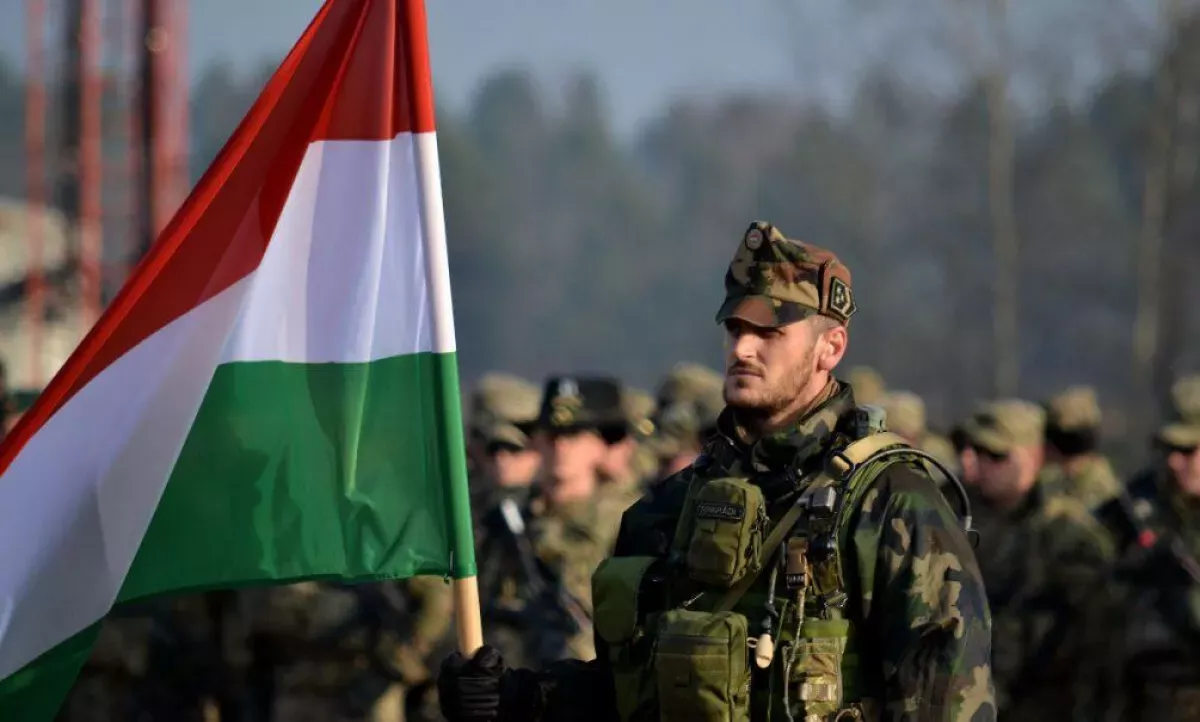
In September 2023, the President of Chad officially invited a Hungarian peacekeeping contingent to the country. By November, the Hungarian Parliament approved the deployment of a military mission of up to 400 personnel to Chad, aimed at assisting local authorities in the fight against terrorism, protecting infrastructure, and improving the social situation in the country. The contingent was granted the right to carry out military tasks in neighbouring countries, provided there was an invitation.
A comprehensive approach was envisioned, where the military presence was accompanied by economic and social efforts. For example, the participation of Hungarian state and private organisations in agriculture, including vital technologies for Chad such as irrigation, raw material extraction, processing industries, energy production, and the supply of defence products and dual-use goods.
There were also plans for cooperation in social, educational, and other humanitarian sectors, as well as religious and civil diplomacy, among other initiatives.
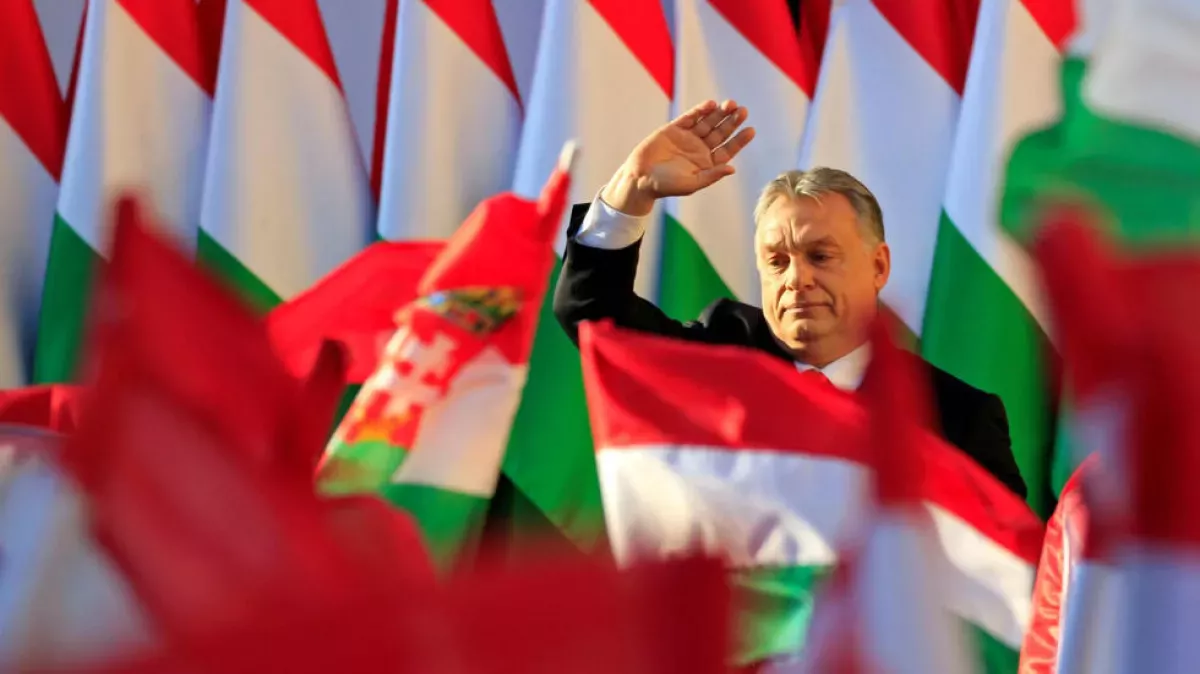
The ruling party of Viktor Orbán, Fidesz, and even several opposition members voted in favour of the "African" resolution. However, the majority of the opposition was against it. The Hungarian Socialist Party, while generally supporting the mission in Africa, voted against it.
The liberal Democratic Coalition stated that they did not support the initiative because it was being carried out outside the frameworks of NATO, the UN, and the EU. Hungarian soldiers in this dangerous African region would serve the interests of private Hungarian businesses.
Cooperation with the French troops, who were still in Chad at the time, was not foreseen. The Green Party also opposed the initiative, declaring themselves "pacifists" and supporting only military missions within NATO's framework.
The far-right party Jobbik supported sending troops to Chad, viewing it as a countermeasure against the growing influence of Russia and the Wagner Group in the region. According to Jobbik representatives, this was also necessary to prevent Moscow from "sending millions of African immigrants, including countless terrorists, to the Old World."
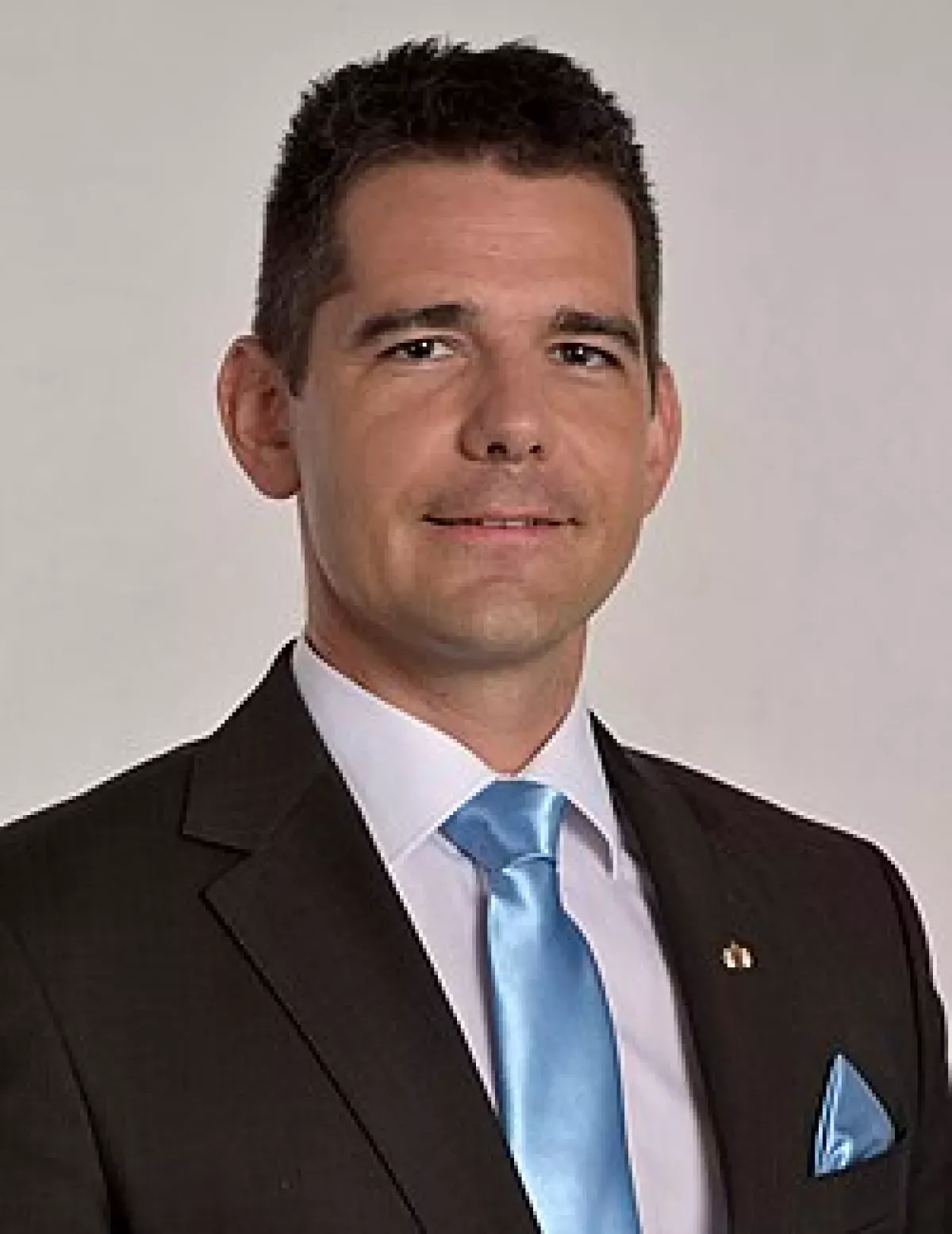
The vice-president of another far-right party, Our Homeland Movement, Előd Novak, sharply opposed Hungary's mission in Chad, deeming it as support for the "Israel-backed Chadian dictator who bans elections and shoots protesters."
He stated that illegal migration should primarily be stopped at Hungary's border, encouraging soldiers who serve there. According to him, the presence of Hungarian troops in such crisis regions would only increase the terrorist threat to Hungary.
Nevertheless, the majority of the Hungarian Parliament supported the mission, with two-thirds of the votes in favor — 143 deputies voted "yes," 30 voted "no," and two abstained.
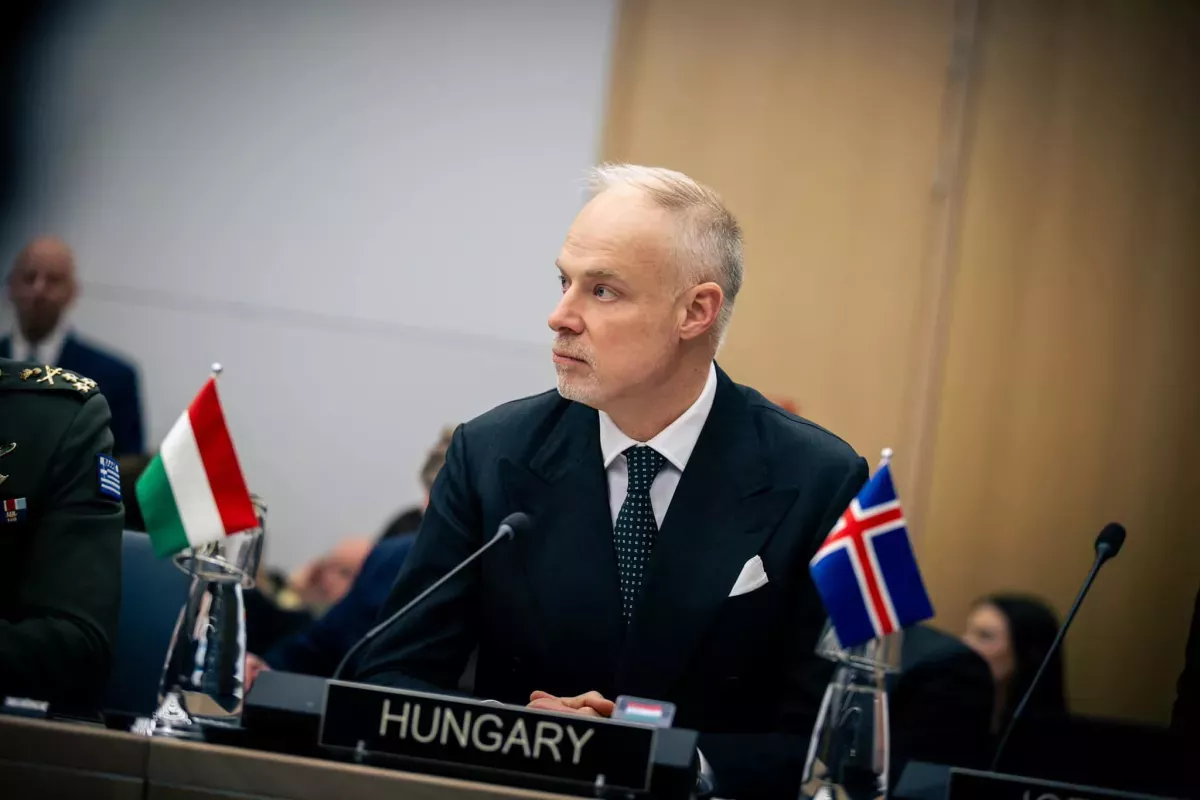
The Minister of National Defence, Kristóf Szalay-Bobrovniczky, officially announced that Hungary would deploy a military contingent to Chad. Hungarian military contingents have previously served in Iraq, Afghanistan, and Kosovo.
In the heart of the Sahel
Since the fall of 2023, Hungary has had medical and humanitarian missions operating in Chad, followed by the opening of a humanitarian and development centre as part of the "Hungary Helps" program.
In September 2024, the President of Chad, Mahamat Idriss Déby, visited Budapest. Viktor Orbán shared on his X (formerly Twitter) account that Chad's key role in controlling illegal migration to Europe was the reason for Hungary's cooperation with the country.
Other experts suggest that the presence of Hungarian troops in Chad will also strengthen the authority of Chad's president in the eyes of the Chadian army. Additionally, the growing relations between N'Djamena and Budapest represent a significant diplomatic breakthrough for Chad in its Western direction.
Last year, the President of Chad unexpectedly called for the rapid evacuation of French troops from his country. It seems that Hungary's independent foreign policy, including its military mission in Chad outside NATO frameworks, is causing increasing irritation in Brussels.
Hungary looks beyond Chad
Chad is not the only platform for Hungary's presence in Africa. Budapest has more ambitious plans. These were partially outlined by László Máté, the former ambassador to Kenya and now appointed Hungary's Commissioner for Sub-Saharan Africa. In the near future, he is set to coordinate several major government and private projects in the region on behalf of the Hungarian government. László Máté is also Hungary's Special Envoy for the Sahel.
The Sahel region, as defined by Budapest, includes a range of countries stretching from Mauritania in West Africa to Sudan in the east, from the Atlantic Ocean to the Indian Ocean and the Red Sea. Chad, located at the centre of this "Sahelian belt" and maintaining relative stability, is a strategically important point.
And what if we imagine that, in the future, the construction of a Trans-African high-speed railway network will pass through this route, connecting the two oceans and starting, say, in Port Sudan?
This is important considering that the West, in general, is increasingly losing its influence in the region. At the Hungarian Ministry of Foreign Affairs, one of the potential scenarios is the "Somalization" of several Sahel states, where progressive military regimes have recently come to power, decisively breaking with France.
Critics of Hungary's mission to Chad argue that Hungary has no historical ties to Chad or experience working in Africa. However, this could also be seen as an advantage: Hungary, unlike France, does not carry the negative colonial image in the eyes of Africans. Budapest also stands above the traditional French-speaking and Anglo-Saxon divisions of African countries.
But, undoubtedly, the main driving force behind Hungary's increased presence in Africa is economic interests. The continent, rich in natural resources, offers significant potential, including for investments.
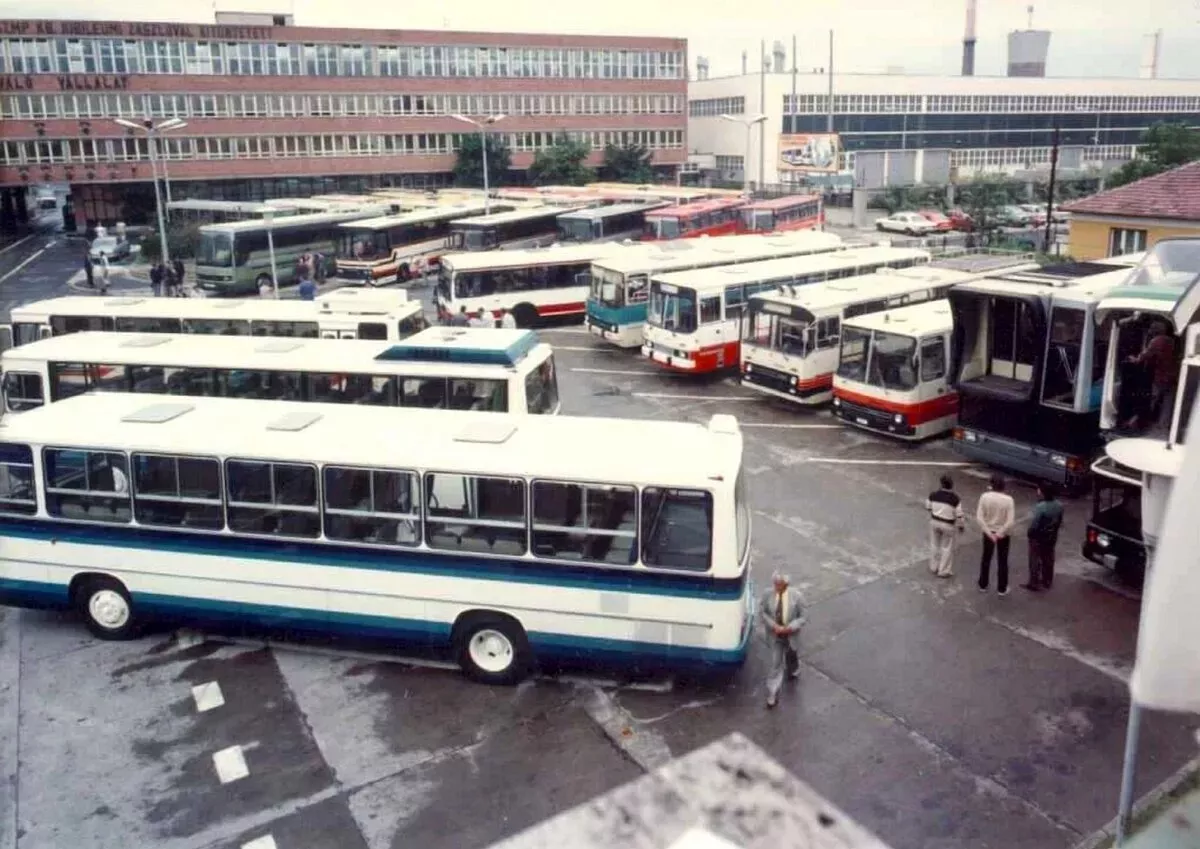
During the time of the People's Republic of Hungary, Budapest had 11 diplomatic missions in Sub-Saharan Africa. In Angola, there was a factory assembling the famous "Ikarus" buses (1,000 buses per year), and there was active cooperation in the defence sector.
However, after Hungary's shift towards the European Union, all these embassies were closed. Several years ago, Hungary began to restore its diplomatic missions, and the African Department at the Ministry of Foreign Affairs resumed operations. The Hungarians are returning to the Dark Continent.
To this day, many experts consider the reason for Hungary's unusual activity in Chad a mystery. However, there are speculations that after the sharp weakening of France's and the EU's positions on the continent, other countries—without the burden of a colonial past—are set to fill the void.
These include China, Türkiye, Russia, and increasingly Hungary, which is pursuing its own path. In any case, such diversification of the foreign policy landscape creates more favourable conditions for young African nations in their pursuit of full decolonisation and independence.
Source: caliber.az


